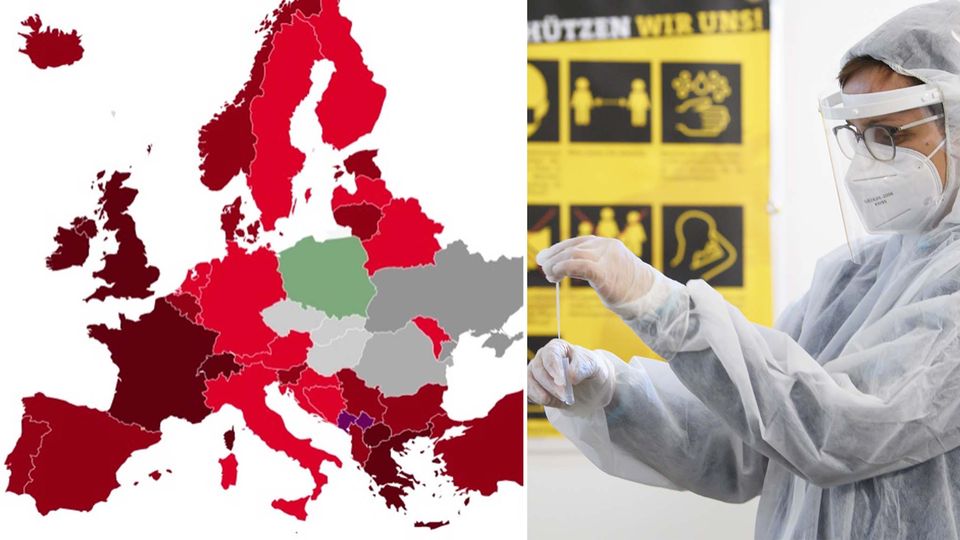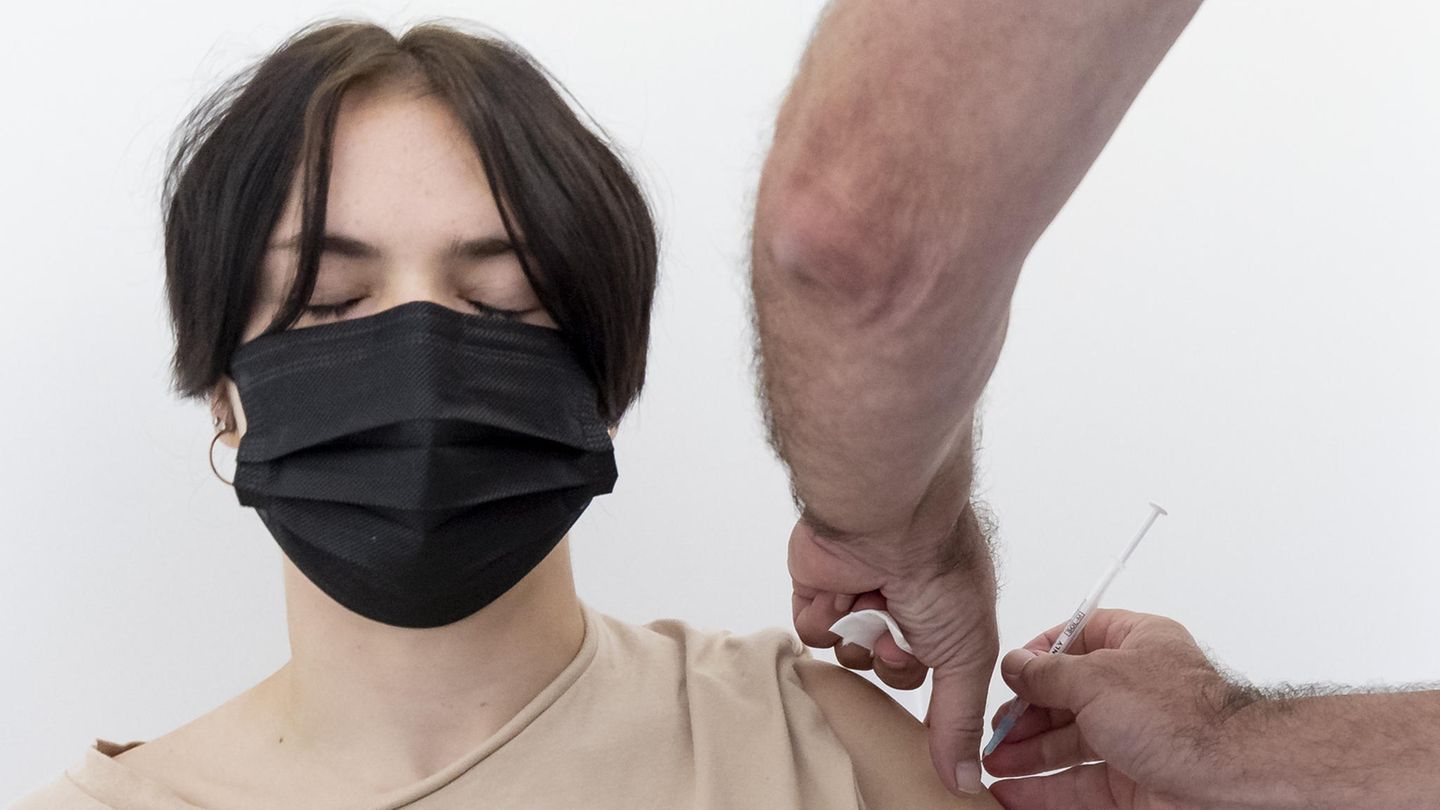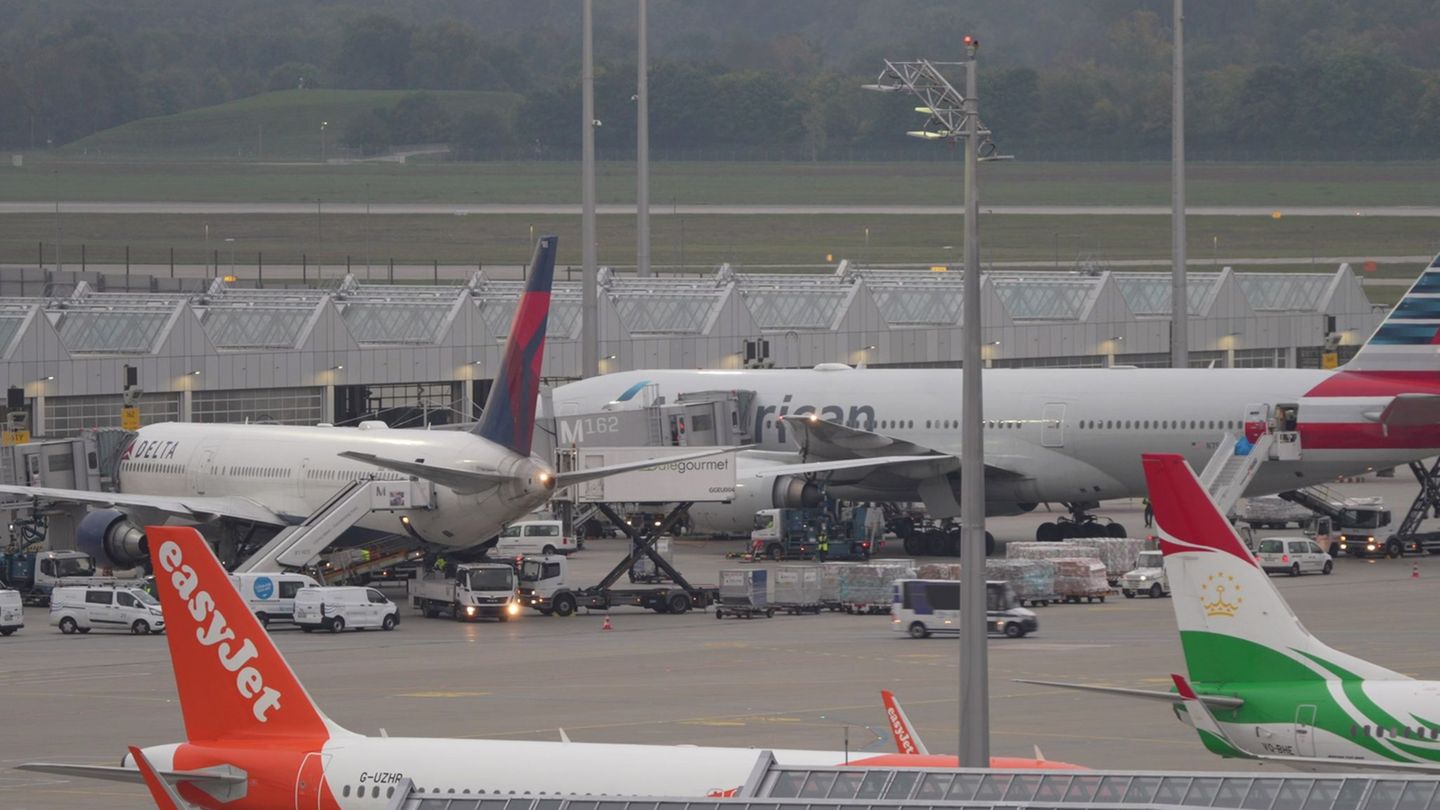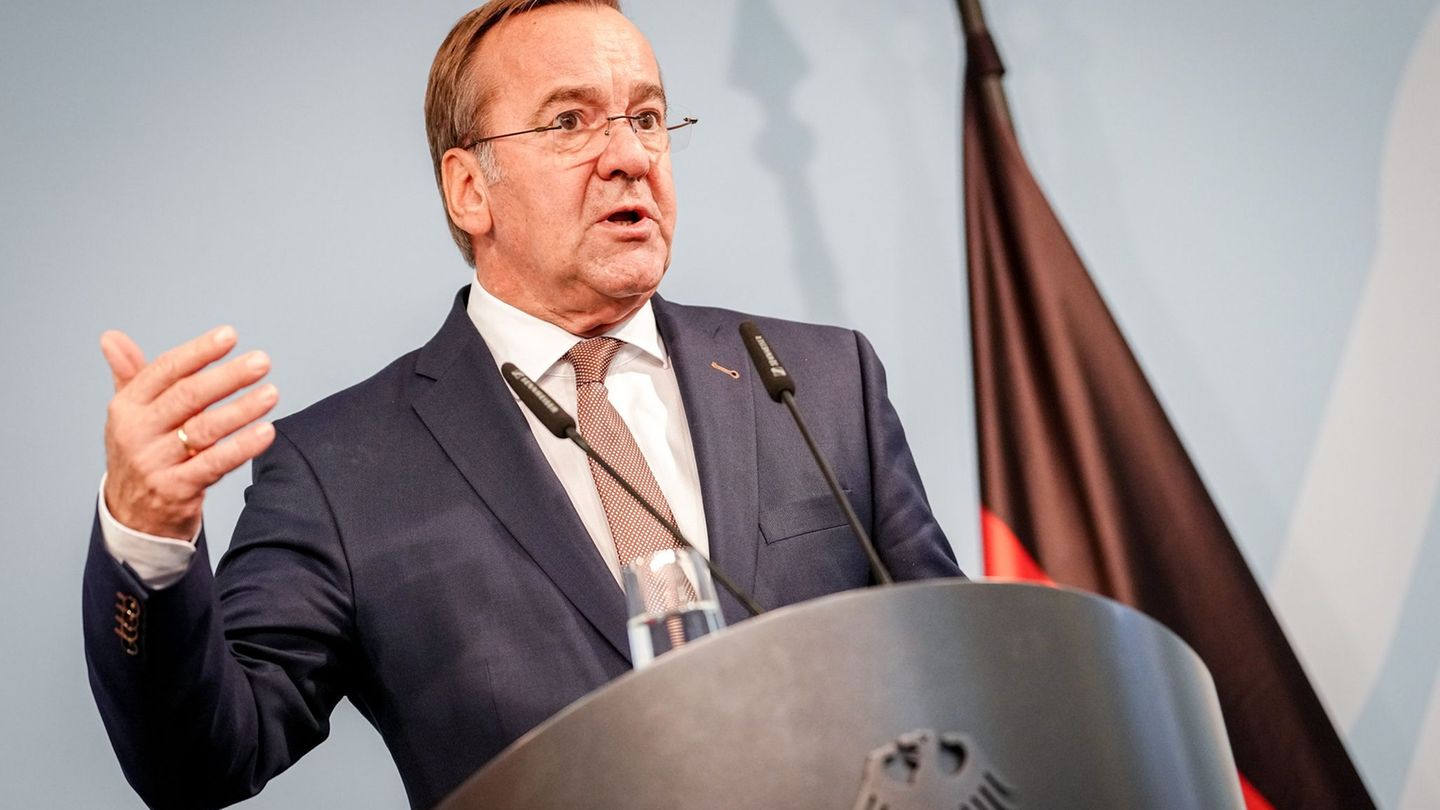Recently, more people have opted for a first vaccination against the coronavirus. But that is not yet a clear trend reversal.
The vaccination campaign against the coronavirus slowed down significantly over the summer: it was no longer the available vaccine that determined progress, but rather the willingness to vaccinate. In the end, however, a little more people decided to have an initial vaccination, as can be seen from.
While the number of first vaccinations in the first week of August (2.8.-8.8.) Was just under 546,500, the number climbed to around 601,500 in the following week. The numbers also show a slight increase in the third week of August (16.8.-22.8.): According to this, almost 685,600 people were vaccinated for the first time within seven days – an increase of almost 14 percent compared to the previous week.
Increasing tendency, but no trend reversal
However, this is not a clear trend reversal; on the contrary, the numbers are stabilizing with a slight upward trend. The figures for the third week of August are roughly the same as at the end of July.
The age group of 12 to 17 year olds is likely to be responsible for the most recently observed increase. The Standing Vaccination Commission (Stiko) issued the long-awaited vaccination recommendation for this age group in mid-August. Children and adolescents from the age of twelve had already been able to get vaccinated against the corona virus beforehand. However, this required an individual risk-benefit assessment. In practice, many medical professionals also follow the recommendations of the Stiko.
According to the SPD health expert Karl Lauterbach, the recently heavily discussed 3G rule could also have an impact on the number of first vaccinations , are then only available for those who have been vaccinated, those who have recovered and those who have been tested.
Last but not least, the summer holidays ended at the beginning of August in many federal states, for example in Hamburg or Berlin. In the densely populated state of North Rhine-Westphalia, the holidays ended in mid-August. It is conceivable that some people would have been vaccinated after returning from vacation.

The vaccination quota in Germany is currently 64.6 percent (vaccinated at least once) or 59.7 percent (fully vaccinated) – and thus still far from the values that would be required according to calculations by the RKI for the spread of the delta variant bring under control. According to this, an estimated 85 percent of 12 to 59 year olds and 90 percent of seniors aged 60 and over would have to be vaccinated.




